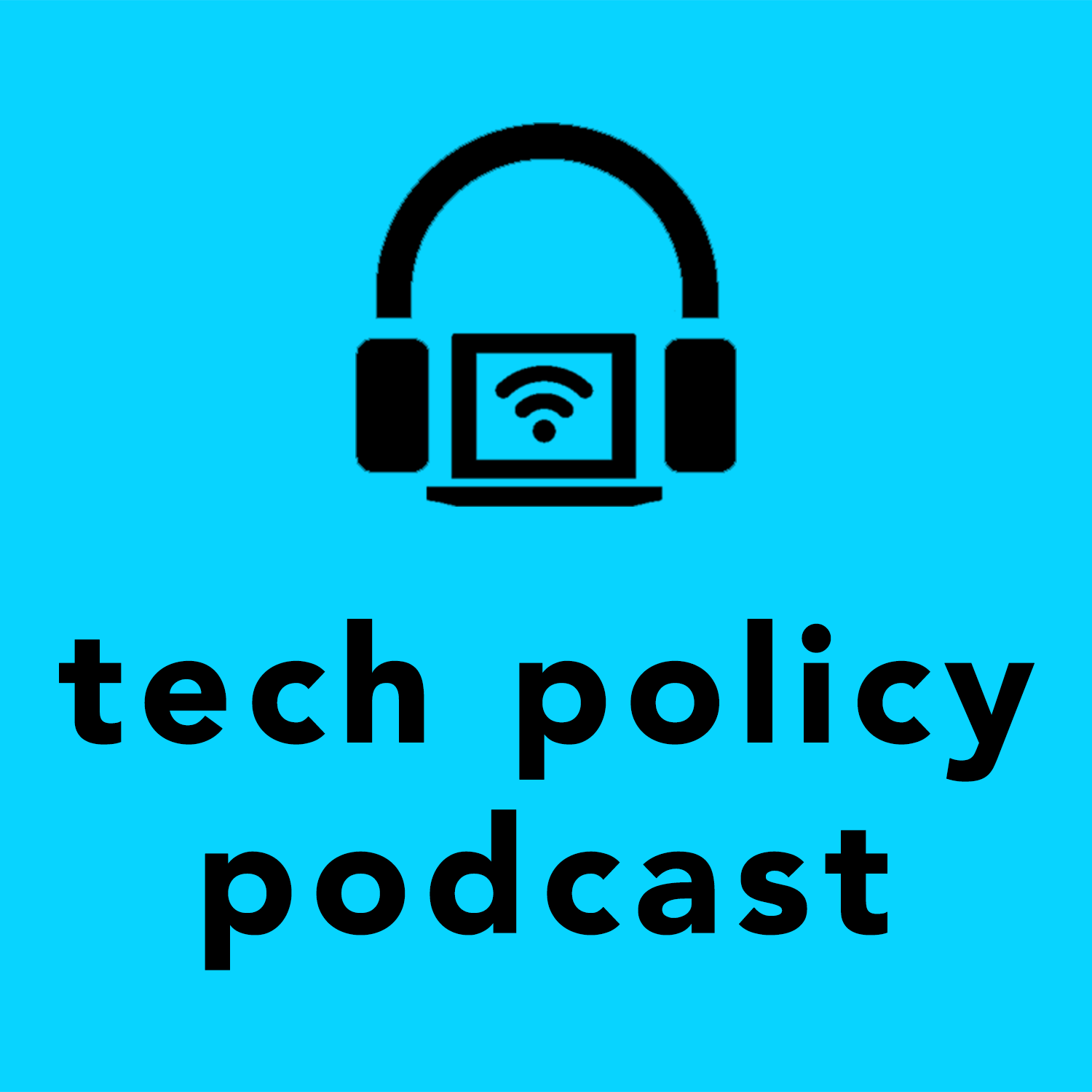Episodes

Friday Jun 30, 2017
#184: Sex Toy Hacking
Friday Jun 30, 2017
Friday Jun 30, 2017
Are vibrators, dildos, and other sex toys the next frontier in hacking and surveillance? Some tech experts say this creepy scenario has already arrived. Hackers have already broken into Wi-Fi and Bluetooth connected dildos through password hacks, remote access, and script overrides. Evan is joined by Amie Stepanovich, US Policy Manager at Access Now, and Arthur Rizer, Senior Fellow at R Street. They discuss teledildonics, personal privacy, and the serious implications of sex you hacking. For more, see their op-ed in Wired.
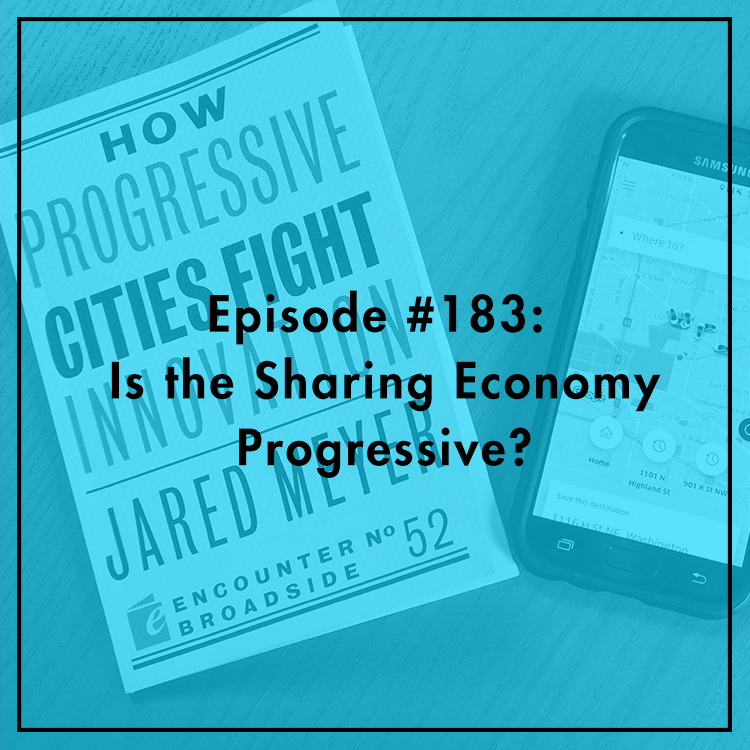
Tuesday Jun 27, 2017
#183: Is the Sharing Economy Progressive?
Tuesday Jun 27, 2017
Tuesday Jun 27, 2017
Cities like San Francisco and New York are at the cutting edge of technology. But are "progressives" friends or foes of innovation? City councils across the U.S. have had their share of spats with companies like Uber, Lyft, and Airbnb. Does the sharing economy pose problems for progressive values like job security and healthcare? Is all the focus on large, mostly Democratic cities distracting from anti-tech Republicans and conservatives? Evan is joined by Jared Meyer, Senior Fellow at the Foundation for Government Accountability, and author of How Progressive Cities Fight Innovation. For more, buy his book on Amazon and follow him on Twitter.

Friday Jun 23, 2017
#182: Powering the Internet
Friday Jun 23, 2017
Friday Jun 23, 2017
The Internet is nothing without electricity, and the increased demand for data and expanding “Internet of Things” means we need more and more power to stay online. One billion people worldwide lack electricity, and four billion remain offline. Bridging the Digital Divide will involve more data centers, wireless networks, smartphones, and other equipment that will strain energy grids. But could the Internet also be part of the solution to global power needs? Evan is joined by Nilmini Rubin, Vice President of Tetra Tech, a global engineering and consulting company.

Tuesday Jun 20, 2017
#181: NextGen Air Traffic
Tuesday Jun 20, 2017
Tuesday Jun 20, 2017
Is our air traffic control (ATC) system outdated? The White House seems to think so. A couple weeks back, the president announced his support for transferring ATC from the Federal Aviation Administration (FAA) to a nonprofit corporation governed by a board of directors, including representatives of airlines, unions, airports and others. The FAA has struggled for years to upgrade its technology from radar to GPS, and proponents of ATC reform say “privatizing” ATC will enable a NextGen system. Opponents say ATC reform could undermine labor unions, increase costs of travel, and give corporations too much control of our airspace. Evan discusses the pros and cons with Marc Scribner, Senior Fellow at the Competitive Enterprise Institute and Baruch Feigenbaum Assistant Director of Transportation Policy at the Reason Foundation. For more, see Marc’s FAQ on ATC reform.
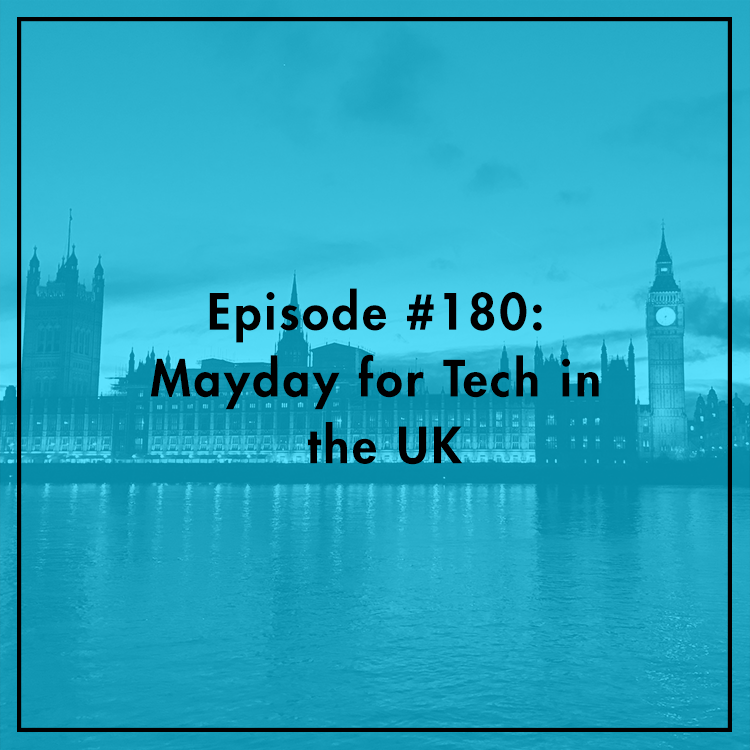
Thursday Jun 15, 2017
#180: Mayday for Tech in the UK
Thursday Jun 15, 2017
Thursday Jun 15, 2017
UK Prime Minister Theresa May is pushing ahead with a controversial tech agenda, despite a grave political miscalculation that cost her Conservative party its majority in Parliament. Will a flimsy minority government supported by a Northern Irish party be enough to push through measures on online pornography, hate speech, and electronic surveillance? How will the UK's European neighbors and the United States react? Evan discusses with TechFreedom legal fellow Ashkhen Kazaryan and UK native Robert Winterton.

Thursday Jun 08, 2017
#179: Hate Speech
Thursday Jun 08, 2017
Thursday Jun 08, 2017
Recent terrorist attacks in Portland, London, and Manchester have many calling for a crackdown on Internet hate speech. They argue that allowing toxic content to exist online, especially on social media, leads to violence, crime, and terrorism. But who should decide what we’re allowed to say? Government? Internet companies? A combination of the two? Having the government “clean up” the Internet may sound good in theory, but would you trust the president of the U.S. or other world leaders to make these determinations? Especially if you don’t support them? Evan discusses with Cathy Gelis, an Internet lawyer based in the Bay Area and friend of the show. Follow Cathy on Twitter @CathyGellis.

Monday Jun 05, 2017
#178: Is it time to break up Big Tech?
Monday Jun 05, 2017
Monday Jun 05, 2017
In a New York Times op-ed, Jonathan Taplin argues that Google, Facebook, and Amazon have become monopolies. With such large market shares in search advertising, social media, and e-commerce respectively, Taplin says it’s time to break up these companies — or regulate them as public utilities. Is this a fair assessment? Is Big Tech really stifling innovation? What lessons can we learn from the growth of other industries like automobiles and fossil fuels? Tech is often seen as a bright spot in our otherwise sluggish economy. Should policymakers focus their efforts elsewhere? Evan discusses with Mike Mandel, Chief Economic Strategist at the Progressive Policy Institute and co-author of a report, “The Coming Productivity Boom.”
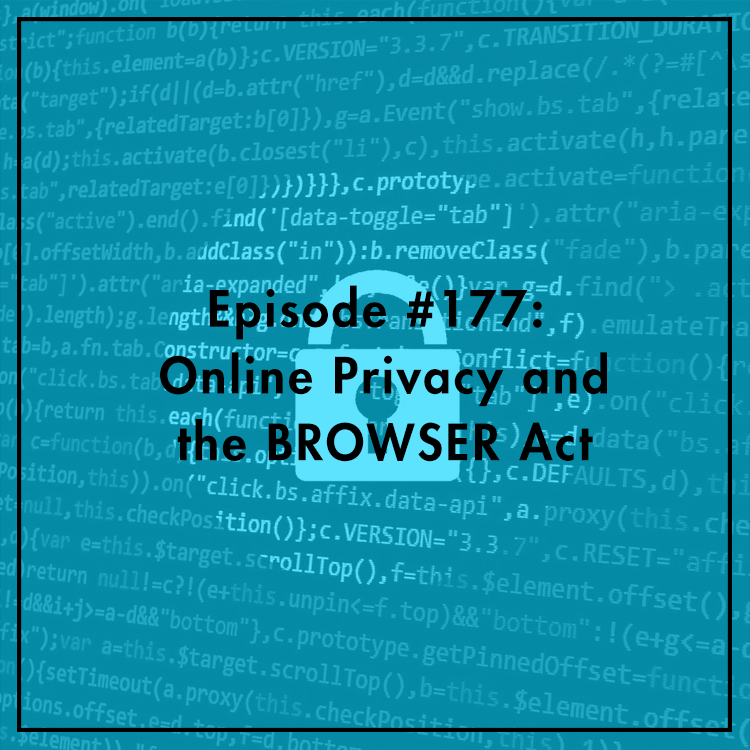
Tuesday May 30, 2017
#177: Online Privacy and the BROWSER Act
Tuesday May 30, 2017
Tuesday May 30, 2017
How should online privacy be regulated? Currently, Internet platforms, mobile applications, and online ad networks allow consumers to “opt-out” of having their data collected for marketing purposes, with the Federal Trade Commission utilizing a variety of tools to ensure these service providers act reasonably in protecting consumer’s privacy and personal information. Recently, Rep. Marsha Blackburn (R-TN) introduced the BROWSER Act, which would regulate privacy much more strictly, similar to the “opt-in” regime seen in Europe. More privacy protection always sounds good, in theory, but could the bill have unintended consequences for our Internet economy? Evan and Berin discuss.

Wednesday May 24, 2017
#176: Future of Internet Copyright (w/ TechDirt)
Wednesday May 24, 2017
Wednesday May 24, 2017
What can Taylor Swift and Katy Perry agree on? Not much, but they both think America’s notice-and-takedown laws are outdated. These laws allow copyright holders to ask Internet platforms to remove content that infringes on intellectual property. The 1996 Digital Millennium Copyright Act (DMCA) aimed to strike a balance that protects copyright while shielding online platforms from being sued out of existence. But plenty of stakeholders have gripes with the current system. Many in the music industry say Internet platforms are enabling piracy, which robs artists and discourages creativity. The tech industry worries that stricter copyright laws would allow frivolous lawsuits to put platforms out of business, creating a chilling effect on free speech. Evan discusses with Mike Masnick, founder and CEO of Floor64 and editor of Techdirt.
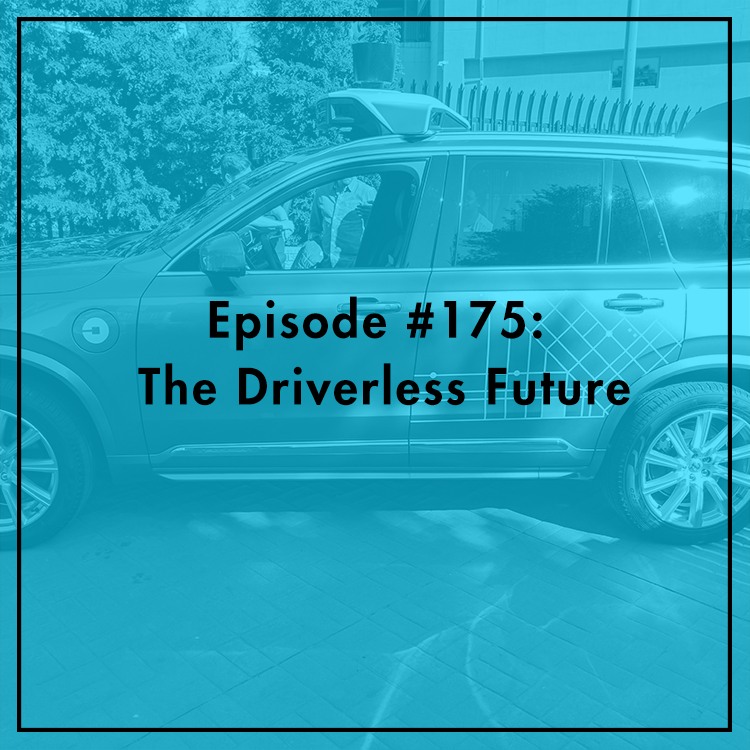
Friday May 19, 2017
#175: The Driverless Future
Friday May 19, 2017
Friday May 19, 2017
How close are we to a driverless future? Over 30,000 Americans die in car accidents every year, and autonomous vehicles have the potential to dramatically reduce that number. Self-driving Ubers already hit the streets of Pittsburgh, and automakers have been striking deals with tech companies. Can government agencies like the Department of Transportation keep up with the fast pace of technological change? How do state and local governments factor in the discussion? As more and more cars connect to the Internet, will concerns over privacy and cybersecurity stand in the way? Evan is joined by Jamie Boone, Senior Director of Government Affairs for the Consumer Technology Association.

